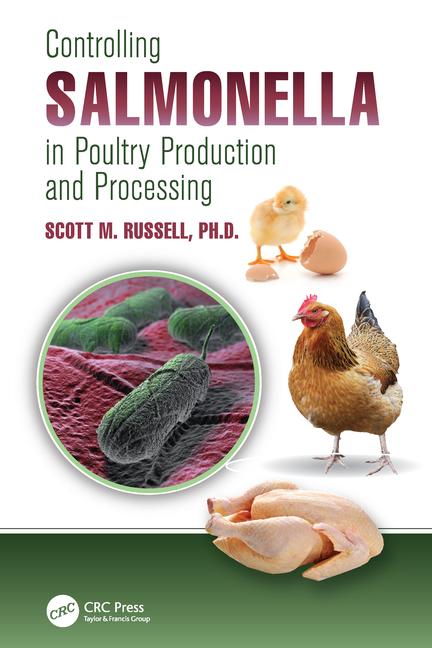The World Trade Organization ruled that the United States' country-or-origin labeling (COOL) rules gave less favorable treatment to beef and pork imported from Mexico and Canada than to domestic meat. Canada and Mexico both had brought complaints to the WTO after the implementation of the COOL rules.
The decision is not subject to appeal, but gives the United States time to comply and does not immediately alter the labeling rules, reports Reuters. While the ruling upheld an earlier WTO ruling that COOL violates trade rules by giving less favorable treatment to imported livestock, it reversed an earlier finding that COOL failed to fulfill its goal of providing consumers with information on origin.
"We are pleased with today's ruling, which affirmed the United States' right to adopt labeling requirements that provide information to American consumers about the meat they buy," U.S. Trade Representative Ron Kirk said in a statement on his blog. "The Appellate Body's ruling confirms that families can still receive information on the origin of their meat and other food products when they shop for groceries."
U.S. officials said the ruling allows the United States to continue to require country-of-origin labels, but Washington will have to change the way it runs the program to ensure it is not an impermissible trade barrier.
The U.S. Cattlemen's Association, which supports the COOL program, said it believed the Obama administration could bring it into compliance with the WTO decision using its regulatory authority and without going to Congress for legislation.
"Much of this ruling is good news for U.S. cattle producers," Jon Wooster, the group's president, said.
"Country of origin labeling is a lose-lose proposition for all players on both sides of the (border)," said Canadian Agriculture Minister Gerry Ritz, adding that within one year of the law, Canadian feeder cattle exports to the United States plunged by nearly half. "Today's ruling is a key victory for the livestock industry."
Mexican officials also welcomed the ruling and in a statement called on the United States to "modify its rules to conform to the WTO and guarantee that Mexican cattle is subject to the same competitive conditions of U.S. cattle.
"That would imply a reduction in the gap in price between Mexican and U.S. cattle of up to $95 per head. This ruling will benefit the Mexican cattle industry, which in 2011 exported around 1.4 million head of cattle worth more than $600 million to the United States," the officials said.
Source: Reuters


Report Abusive Comment